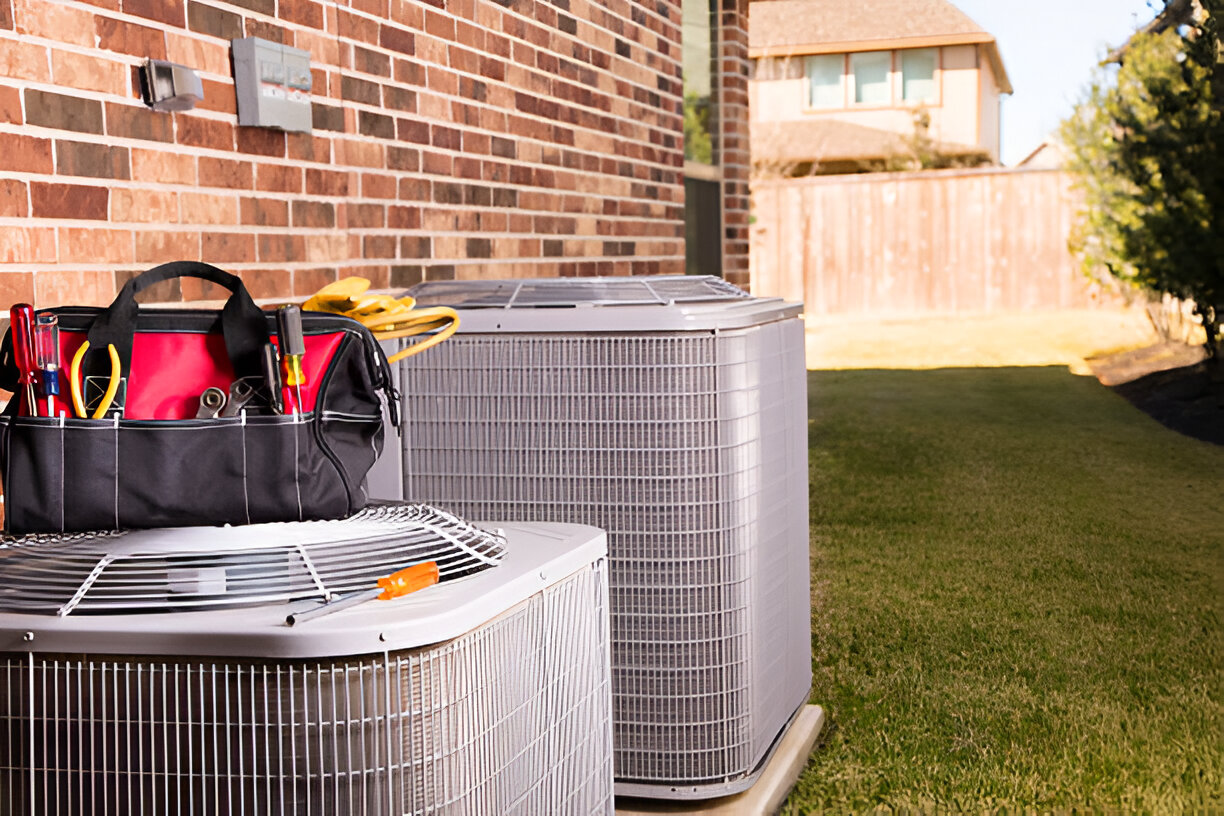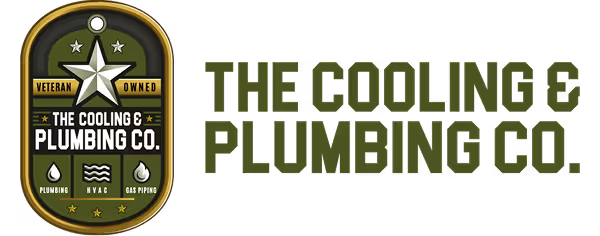Why 24 hour AC repair matters in Fountain Hills
Fountain Hills sits at the eastern edge of the Phoenix metro area with hotter summers and seasonal monsoon storms. High daytime heat, rapid temperature swings at night, dust and wind-blown debris, and occasional lightning-related power events all increase the likelihood of sudden AC failures. A nonfunctional air conditioner in these conditions can create health risks, damage electronics, and harm home finishes. After-hours repair availability reduces downtime and limits the risk of further damage.

How to reach emergency dispatch (what to have ready)
Emergency dispatch is available around the clock. When you contact the emergency line or use the emergency request option on the company website, have these details ready:
- Exact address and access instructions (gated community codes, landlord contact, etc.)
- Make, model, and age of the AC system if known
- Description of the problem (no cool air, strange noises, water leak, burning smell)
- Any recent events (power outage, storm, rodents, recent service)
- Occupancy details (pets, medically vulnerable residents)
Providing clear information helps the dispatcher prioritize the job and route the closest overnight technician with the right tools and parts.
Typical response times in Fountain Hills
Response times for after-hours calls depend on time of night, traffic, and technician location. In residential Fountain Hills neighborhoods, technicians are typically on-site within about 60 minutes for high-priority emergencies. For late-night calls from more remote or gated areas, response can be closer to 90–120 minutes. Dispatchers will give an estimated arrival window when you contact them and update you if travel conditions change.
Common after-hours and overnight AC issues we handle
After-hours calls are usually for problems that cannot wait until regular business hours. Typical emergency issues include:
- Total system failure on extremely hot nights
- Compressor or condenser unit failures
- Refrigerant leaks causing rapid loss of cooling
- Major airflow blockages (failed blower motors, collapsed duct sections)
- Significant condensate drain backups or water leaks threatening ceilings and flooring
- Electrical failures or burning odors indicating potential fire risk
- Thermostat or control board failures that prevent the system from cycling
Many of these issues can be temporarily stabilized at night to protect occupants and property, with a full repair scheduled during daytime when parts or more extensive labor may be required.
What to expect from the diagnostic and repair process
Overnight technicians follow a clear process designed to safely diagnose and stabilize the system:
- Safety and triage: the technician assesses for immediate hazards (electrical issues, gas appliances, water intrusion) and isolates them.
- Rapid diagnostics: using handheld meters and visual inspection to determine the root cause.
- Temporary stabilization: where possible, the technician makes a safe temporary repair (resetting breakers, clearing drains, replacing failed fuses, patching leaks that won’t risk further damage).
- Documentation: you receive a written summary of the findings, the temporary measures taken, and recommendations for permanent repair or replacement.
- Follow-up scheduling: if permanent parts are needed, the technician will outline next steps and timing for a full repair during regular hours.
Technicians will explain whether the work completed restores normal operation or simply stabilizes the system until a full repair can be completed.
Technician qualifications for overnight service
After-hours technicians are not junior staff. Expect overnight crews to be:
- Licensed, bonded, and insured for HVAC work
- EPA-certified for refrigerant handling
- Trained in electrical safety, refrigerant diagnostics, and emergency leak containment
- Background-checked and drug-screened for homeowner safety
- Stocked with common emergency parts (capacitors, fuses, blower motors, condensate pumps) and diagnostic tools
- Experienced with local climate-related failure modes common to Fountain Hills systems
These qualifications ensure technicians can make safe, code-compliant decisions at night and minimize repeat calls.
After-hours procedures and fees (what differs from day service)
Emergency service requires additional coordination and staffing. Typical procedural differences include:
- After-hours call handling through a dedicated dispatch queue
- Priority routing for life-safety or property-threatening issues
- On-the-spot stabilization only when parts or time prevent a complete repair
- Clear documentation and authorization steps before major replacements
To cover the costs of late-night staffing and rapid response, an after-hours service fee or emergency dispatch fee is commonly applied. There may also be separate trip or diagnostic fees and standard parts and labor charges for the work performed. Technicians will review any fees and require authorization for non-emergency, higher-cost repairs before proceeding.
Practical tips to reduce emergency risk
- Replace filters monthly in high dust months and schedule seasonal tune-ups before summer.
- Install a one-inch or thicker pre-filter and consider a whole-house surge protector to limit lightning-related damage during monsoons.
- Ensure condensate lines are clear and install a secondary drain pan with an overflow switch in susceptible units.
- Use a programmable thermostat to reduce runtime stress during peak heat.
- Keep external condenser units shaded and free of landscaping debris or gravel.
Closing: benefits of timely emergency response
Timely 24 hour AC repair in Fountain Hills, AZ protects the health and comfort of your household and reduces the chance of costly secondary damage. Overnight technicians provide safe stabilization, clear documentation, and expert recommendations so you can make informed decisions about full repairs. Preventive maintenance and awareness of local climate risks can minimize after-hours breakdowns and keep your system running reliably when it matters most.






